
Please join us in congratulating the UConn undergraduates named below for their significant research and creative accomplishments in summer and fall 2018. Students: if you have an accomplishment to share, please do so using this online form.
PUBLICATIONS
Keara Frawley ’18 (ENG) was first author on a recent publication from Dr. Seok-Woo Lee’s lab and her paper is featured in the journal cover:
Frawley, K.G., Bakst, I., Sypek, J.T., Vijayan, S., Weinberger, C.R., Canfield, P.C., Aindow, M., & Lee, S. (2018). A Nanoindentation Study of the Plastic Deformation and Fracture Mechanisms in Single-Crystalline CaFe2As2. The Journal of The Minerals, Metals & Materials Society, 70(7). doi: 10.1007/s11837-018-2851-y
William Hunt ’19 (ENG) was a co-author on a recent publication from Dr. Kevin Brown’s (Biomedical Engineering) research group:
Brown, K.S., Allopenna, P.D., Hunt, W.R., Steiner, R., Saltzman, E., McRae, K., & Magnuson, J.S. (2018). Universal Features in Phonological Neighbor Networks. Entropy, 20(7), 526; doi: 10.3390/e20070526
Craig Mendonca ’18 (CLAS) worked in the Gene Therapy Center in Dr. Guangping Gao’s lab at UMass Medical School. Craig was a co-author on a recent publication from this research internship:
Wang, D., Li, J, Song, C.Q., Tran, K., Mou, H., Wu, P.H., Tai, P.W.L., Mendonca, C.A., Ren, L., Wang, B.Y., Su, Q., Gessler, D.J., Zamore, P.D., Xue, W., & Gao, G. (2018). Cas9-mediated allelic exchange repairs compound heterozygous recessive mutations in mice. Nature Biotechnology, 36. doi: 10.1038/nbt.4219
Kathleen Renna ’20 (CAHNR), an undergraduate in the Health Research Program, and Yue (Jacky) Yang ’19 (ENG), a 2018 SURF student, were co-authors on a recent publication based on research conducted with Dr. Ephraim Trakhtenberg at UConn Health:
Rheaume, B.A., Jereen, A., Bolisetty, M., Sajid, M.S., Yang, Y., Renna, K., Sun, L., Robson, P., & Trakhtenberg, E.F. (2018). Single Cell Transcriptome Profiling of Retinal Ganglion Cells Identifies Cellular Subtypes. Nature Communications, 9(1). doi: 10.1038/s41467-018-05134-3
SUMMER RESEARCH ACTIVITIES
Jiana Baker ’20 (CLAS) conducted research in Dr. Sangamesh Kumbar’s lab in the Department of Orthopedic Surgery at UConn Health through the Health Careers Opportunity Program (HCOP) Summer Research Fellowship Program. Jiana presented her work “Novel Polymer-Nanotube Composites: Small Molecule Drug Delivery Systems for Peripheral Nerve Regeneration” at the HCOP poster session.
Claudia Fernanda Pena-Sulantay ’20 (ENG) spent her summer in Nove Hrady, Czech Republic, engaged in a research project at the Center for Nanobiology and Structural Biology (CNSB). Her work on the project “Structural and functional analysis of the yeast K+ translocation system(s) encoded by TRK1 and TRK 2 genes” was part of the REU program in Molecular Biophysics sponsored by Princeton University.
Tanya Miller ’20 (CLAS) engaged in structural biology research at the Laboratory of Structural Biology which is part of BIOCEV, the Biotechnology and Biomedicine Center of the Academy of Sciences and Charles University in Vestec, Czech Republic. She was supervised by Dr. Cyril Barinka during the 5-week summer program.
PRESENTATIONS
Galaxy Community Conference-Bioinformatics Open Source Conference – June 25-30, 2018 – Portland, OR
Peter Richter ’19 (ENG) – OUR Travel Award recipient
Collecting Data for Association Genetics: Tripal Plant PopGen Submit Pipeline
American Society of Animal Science – Canadian Society of Animal Science Annual Meeting and Trade Show – July 8-12, 2018 – Vancouver, British Columbia
Lauren Engels ’19 (CAHNR) – OUR Travel recipient
The Effects of Poor Maternal Nutrition on Fetal Brain Development
Helenrose Iannitti ’19 (CAHNR) – OUR Travel recipient
Effects of Poor Maternal Nutrition during Gestation on Oxidative Stress in Offspring Muscle
Veronica Pleasant ’19 (CAHNR) – OUR Travel recipient
The Effects of Maternal Milk Production on Dairy Calf Growth and Health
SACNAS 2018 – The National Diversity in STEM Conference – October 11-13, 2018 – San Antonio, TX
Vinayak Mishra ’21 (CLAS) – OUR Travel Award recipient
Cellular Response to Biodegradable Stent in Vascular Bioreactor
Biomedical Engineering Society (BMES) Annual Meeting – October 17-20, 2018 – Atlanta, GA
Amanda Johnson ’19 (ENG) – OUR Travel Award recipient
Assembly of Compact Neurostimulator Circuit Board for Neuroprosthetic Applications
Alexandra Liberti ’19 (ENG) – OUR Travel Award recipient
Characterization of Tissue Response in Rodent Spinal Cords by Immunofluorescence Staining
Fawaz Mohsin ’21 (ENG & BUS) – OUR Travel Award recipient
Vascular Laser Thermolysis of Blood Vessels Varying in Size
Society for Neuroscience (SFN) Annual Meeting – November 3-7, 2018 – San Diego, CA
Skyler Sklenarik ’18 (CLAS) – OUR Travel Award recipient
Behavioral Biases in People at Risk for Problematic Gambling and Pornography Use
Nathalia Hernandez ’20 (CLAS) – OUR Travel Award recipient
Observational Learning in Rats: Effects of Number and Quality of Observations
Kyrstyn Jenkins ’20 (CLAS) – OUR Travel Award recipient
Evaluating Mechanisms of Reward Enhancement by Nicotine in Humans
National Council of Family Relations Annual Conference – November 7-10 – San Diego, CA
Kalea Coles ’19 (CLAS) – OUR Travel Award recipient
Child Birth Weight and Reading Skills: A Moderation by Race
SENTAC Conference – November 30-December 2, 2018 – Houston, TX
Anika Makol ’19 (CLAS) – OUR Travel Award recipient
Pediatric Nasal Burns During Operative Cautery; Are Aural Speculums More Protective than Nasal Speculums? – A Retrospective Chart Review
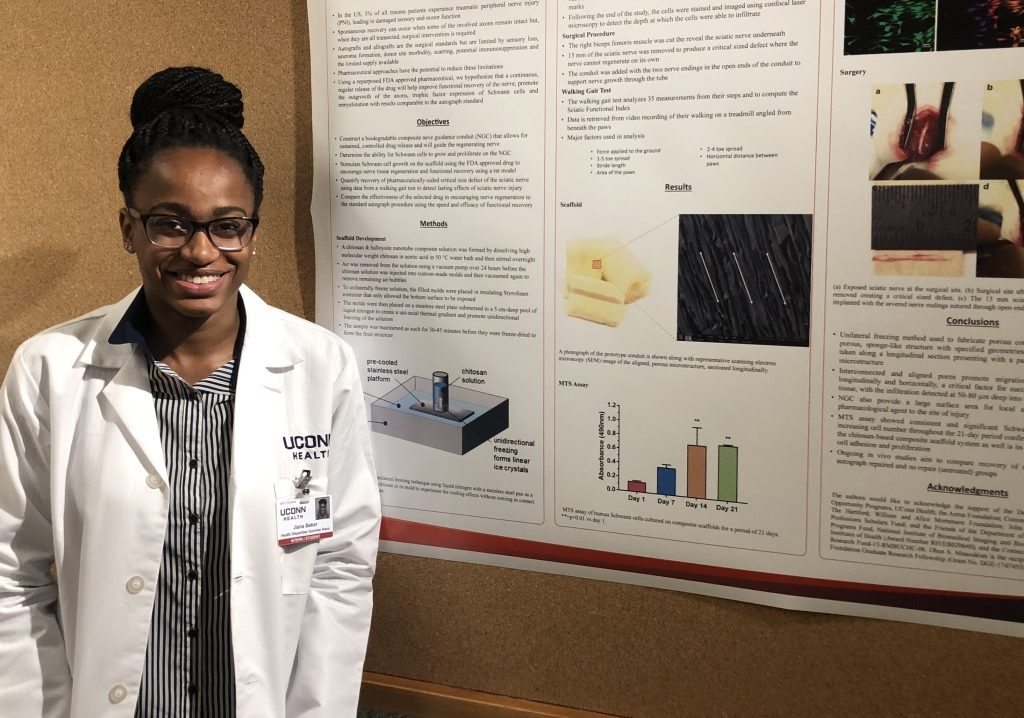
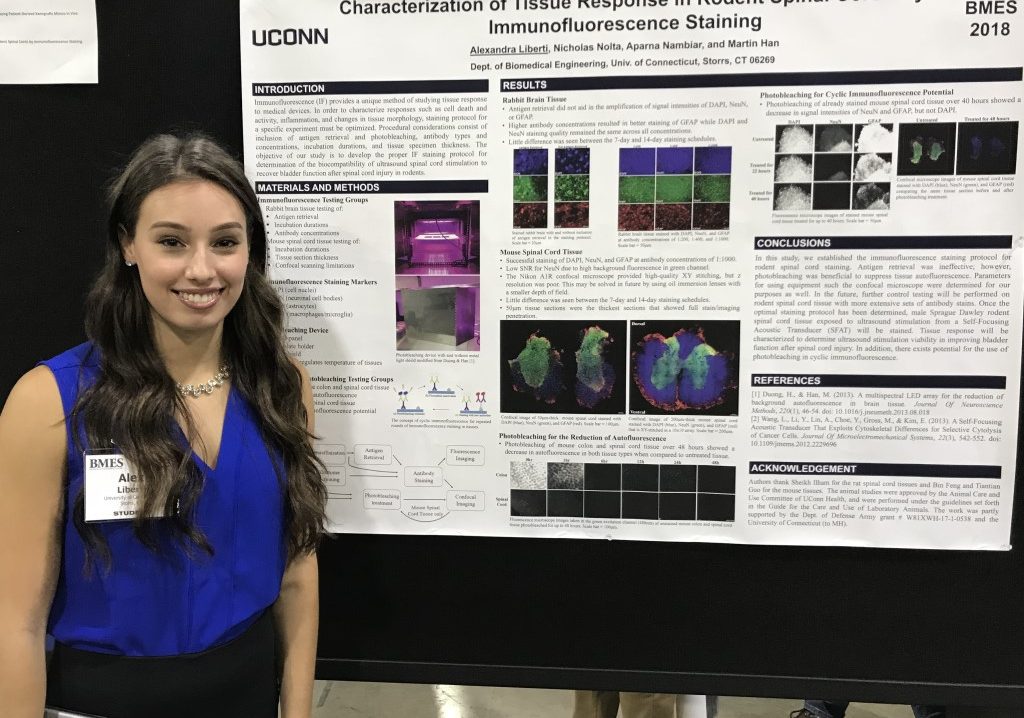
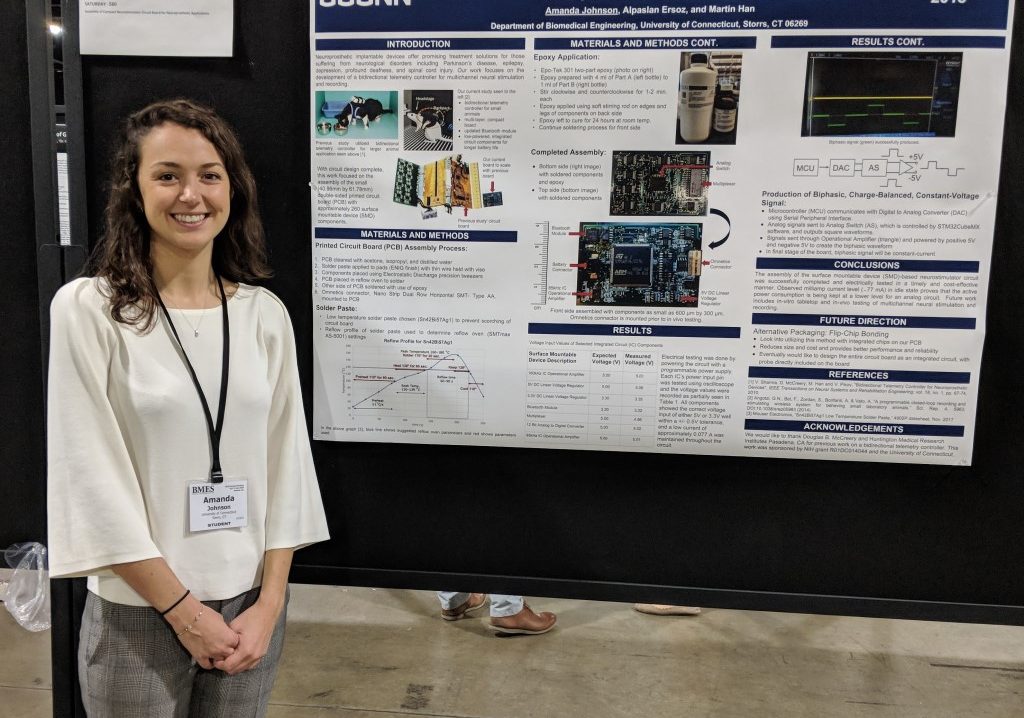
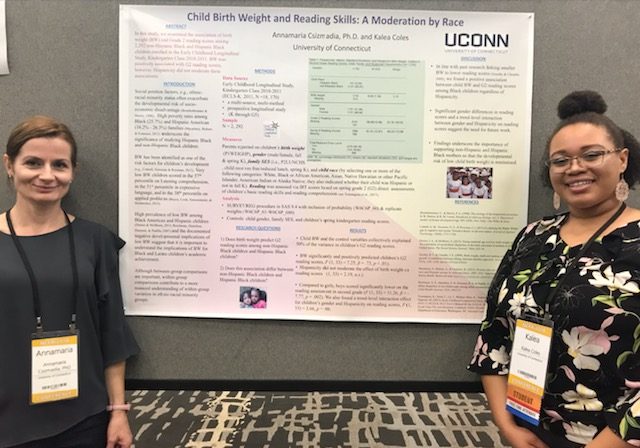
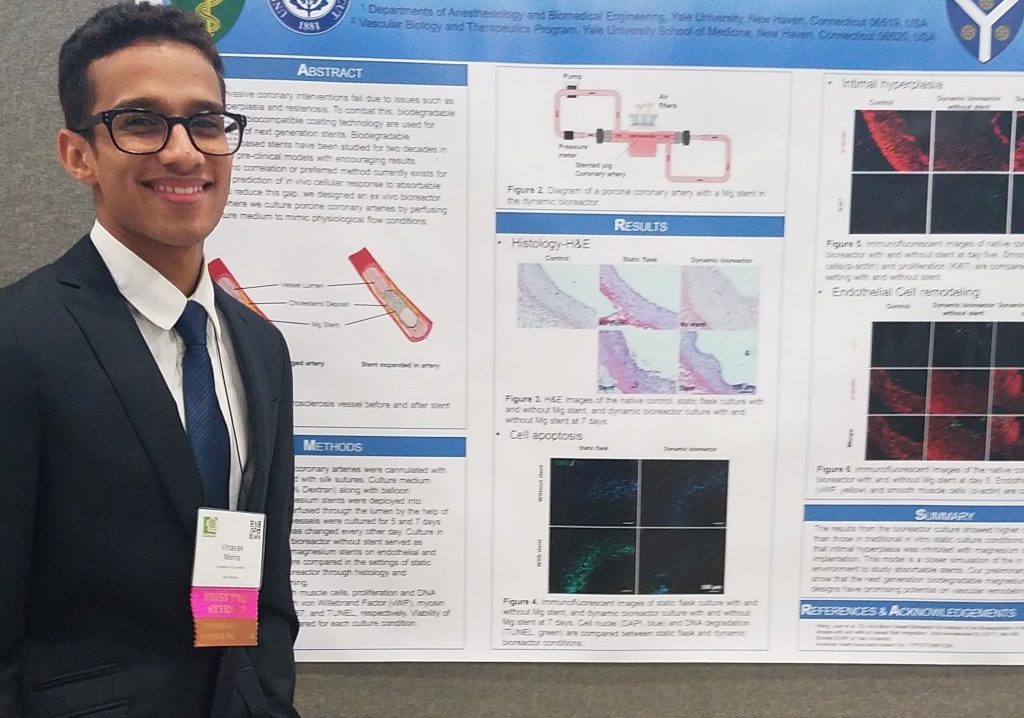
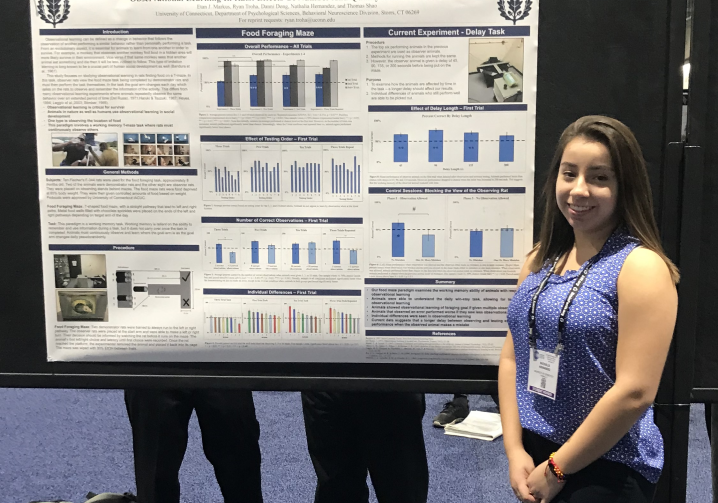
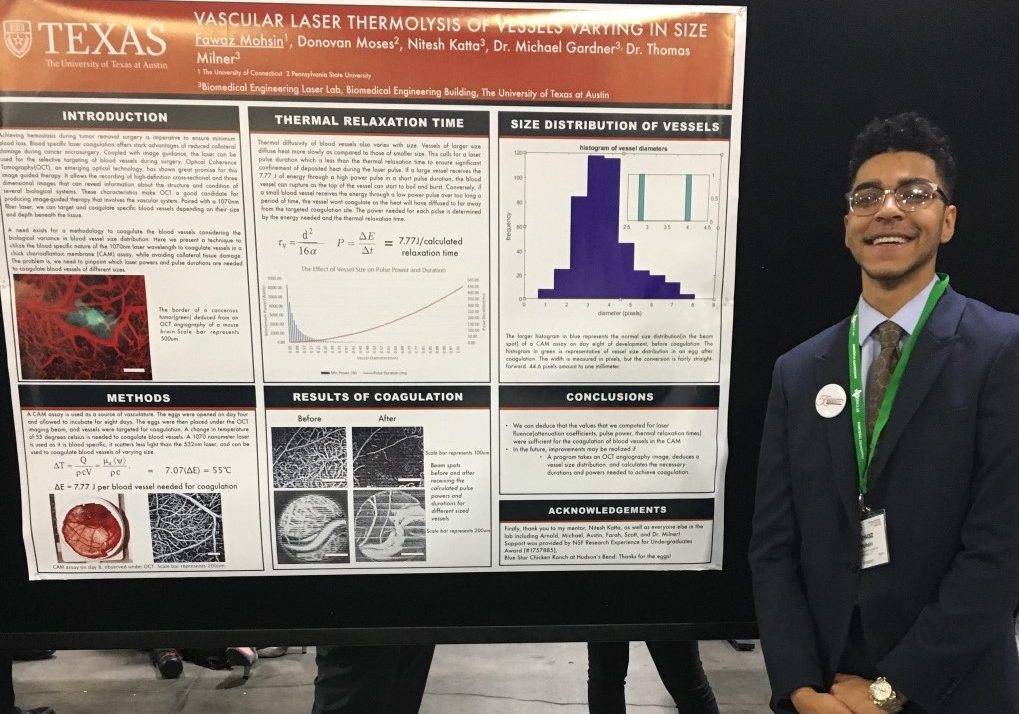
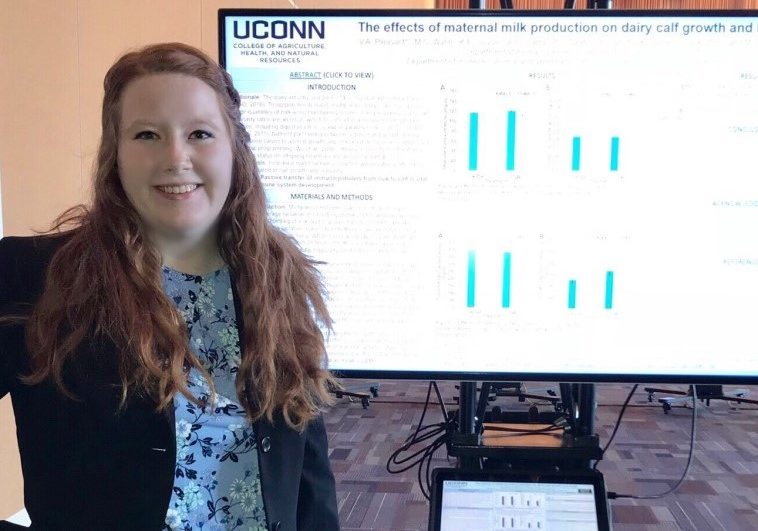
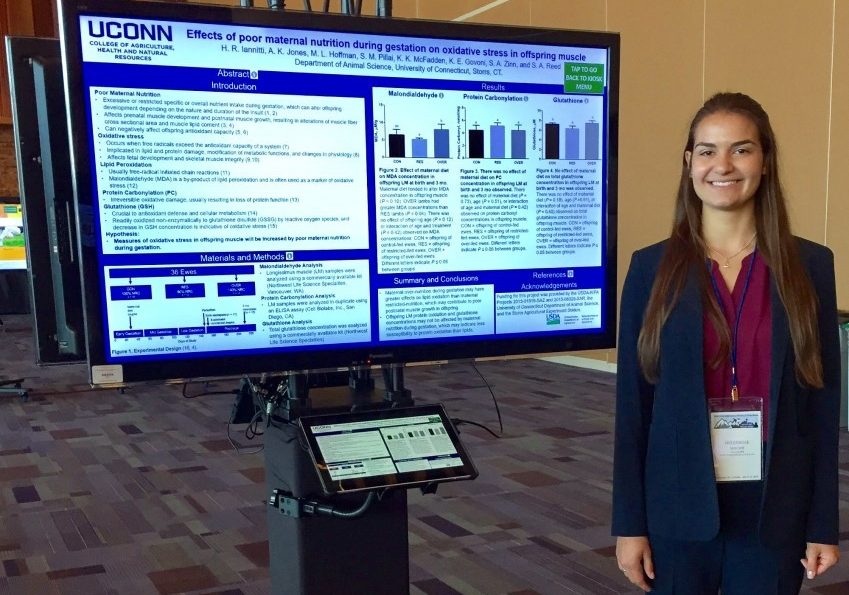
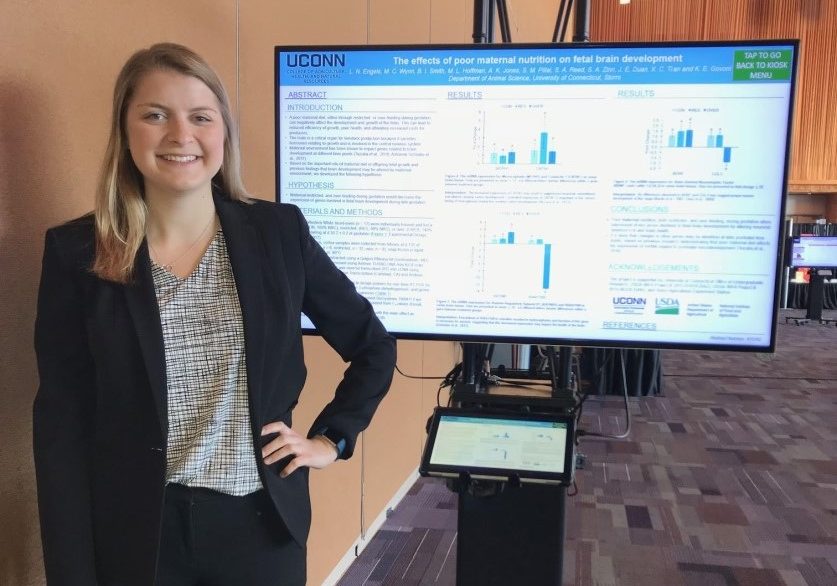
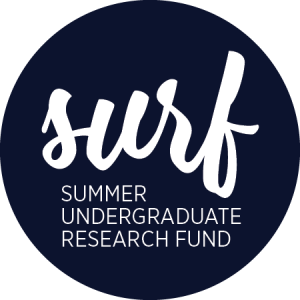 With the SURF 2019 application cycle underway, we would like to take the opportunity to highlight some updates and changes to this year’s
With the SURF 2019 application cycle underway, we would like to take the opportunity to highlight some updates and changes to this year’s 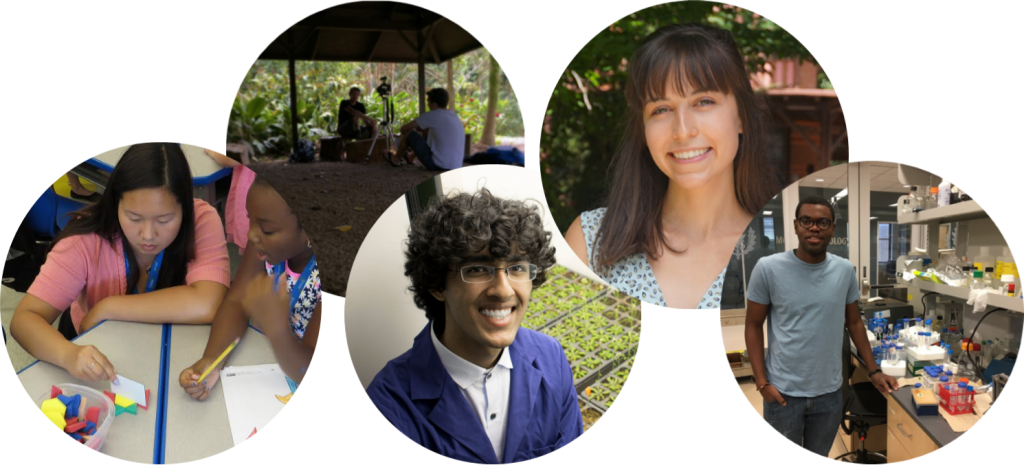
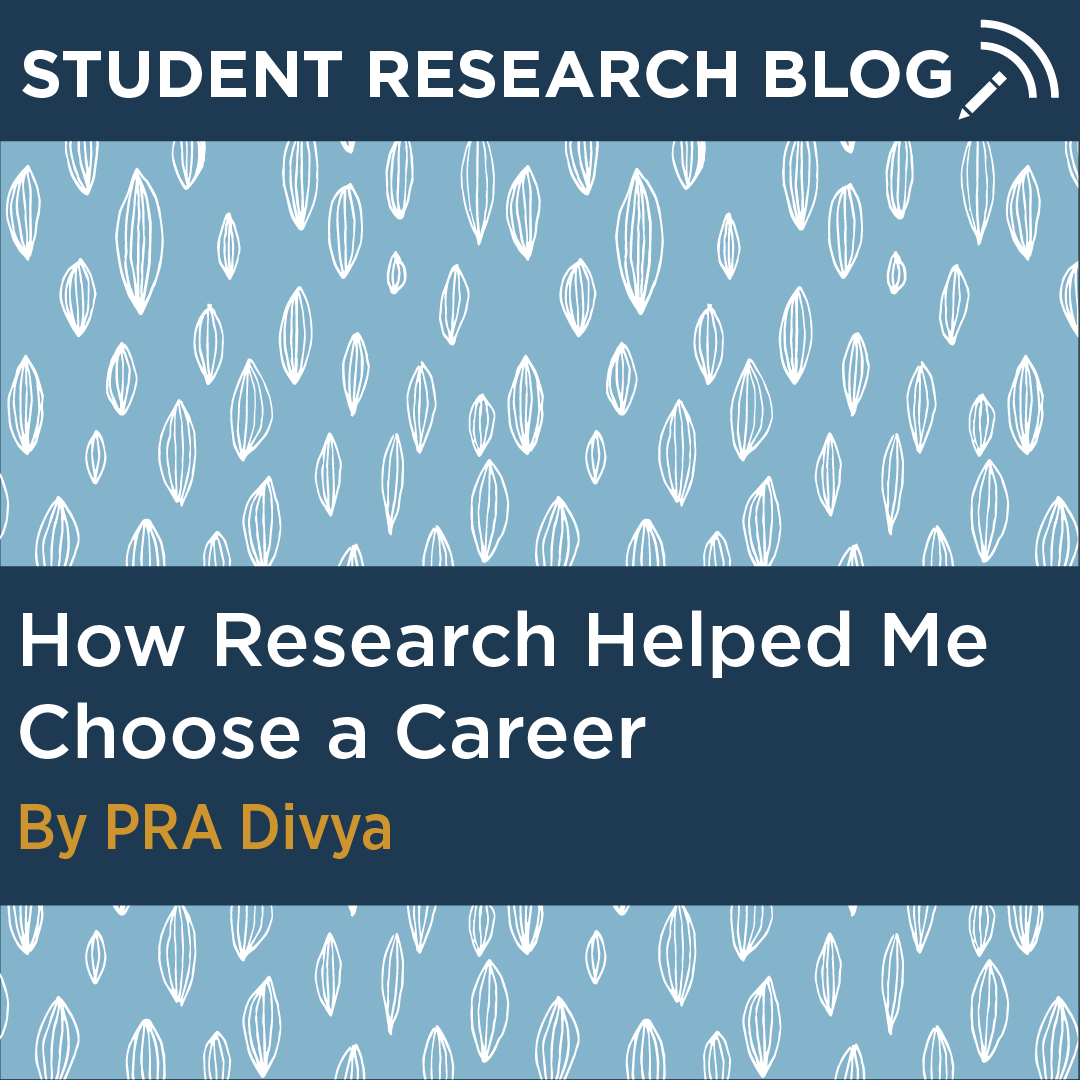 As an undergraduate student there is a lot of pressure on you to figure out exactly what you want to do with the rest of your life at such a young age. Enrolling at UConn at 17 years old, I had no clue what some of the 110+ majors offered here even meant (Cognitive Science? What?) let alone having to choose one.
As an undergraduate student there is a lot of pressure on you to figure out exactly what you want to do with the rest of your life at such a young age. Enrolling at UConn at 17 years old, I had no clue what some of the 110+ majors offered here even meant (Cognitive Science? What?) let alone having to choose one.